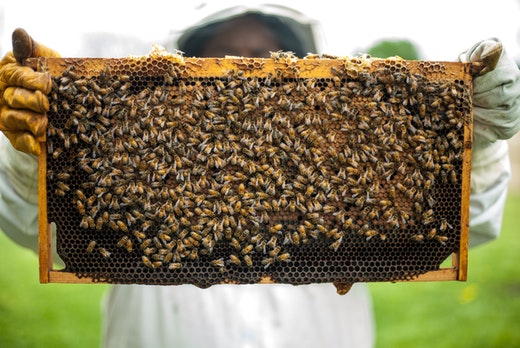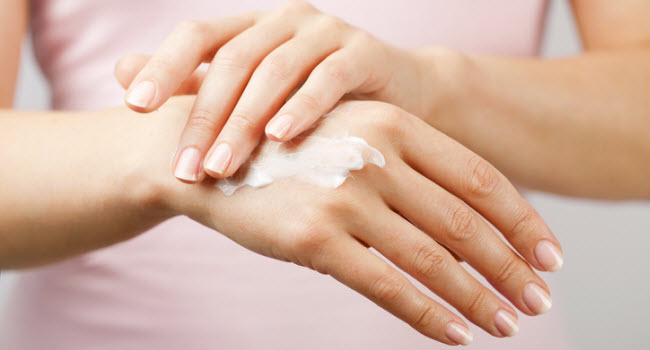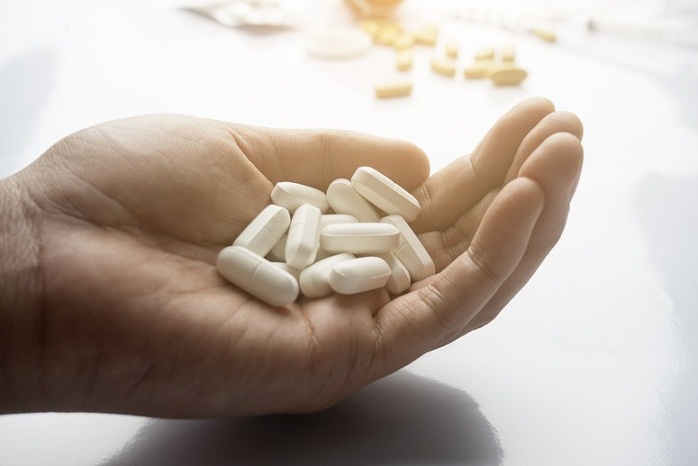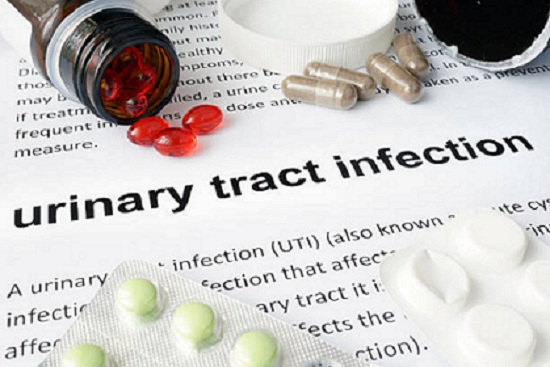Eight Surprising Things that Can Harm Your Gut Bacteria
The human gut is home to over 100 trillion bacteria, and your gut microbiota has a huge impact on the overall health of your body.
The reason why probiotics are so important is because of the many different things they help our bodies do. Not only do they help make your gut strong and help reduce the risk of bloating and diarrhea, they also help your body break down the food that you eat so that you can absorb as much nutrients as possible.
The strength of your gut microbiota can also improve the strength of your immune system. They can even help you gain healthier and happier skin and hair. Finally, new research is finding that a healthy gut microbiota can even make things like anxiety and depression less likely thanks to the intimate connection between your gut and brain known as the gut-brain axis.
It is important to know the ways to introduce healthy probiotics to your diet, but it is equally important to know about the things that can certainly harm the health of your gut bacteria.
If you are interested in improving the health of your gut, here are eight things that you should certainly know about:
You want to eat a diverse range of foods
Typically, a rich and diverse gut flora is thought to be a healthy one. A lack of diversity within your gut microbiota limits how well it can recover from harmful incidents such as an infection or use of strong antibiotics.
To improve the chances of a diverse gut, you are going to want to make sure that you consume a wide array of foods such as fruit, vegetables, and whole grains. Believe it or not, changing your diet can have an impact on the diversity of your gut flora after just a couple of days1
The reason why is because the food that you eat has a strong impact on the bacteria that grow. A diet rich in variety will in turn serve as nutrients for a variety of different strains of healthy bacteria. This will results in a more diverse gut flora1
One thing to keep in mind is that over the past 50 years, the diet of the western world has seen a huge lack of diversity. 75 percent of the world’s food supply now comes from just 12 plants and five animal species. In order to increase your microbiome diversity, focus on new and organic foods.
Prebiotics are just as important as probiotics
You might eat a lot of fermented foods that include probiotics, or even take supplements that have billions of live cultures in them, but they’re not going to be a ton of help to you if you do not consume prebiotics as well.
Prebiotics are the fibers that pass through the body undigested, giving probiotics the fiber and nutrients they need to thrive and colonize.
Another reason why prebiotics are important are because they promote short-chain fatty acids. These fatty-acids help promote metabolic and digestive health, and reduce inflammation.
Foods that are considered to be prebiotics include:
- Lentils
- Bananas
- Oats
- Artichokes
- Garlic
- Leeks
- Onions
- Nuts
- Asparagus
Using antibiotics don’t just harm bad germs
If you have ever dealt with some kind of infection, you likely know how serious they can be. You are likely know how important antibiotics can be when it comes to fighting further infection. Antibiotics works by either killing bacteria, or preventing them from multiplying and have saved millions of years over the last century.
That being said, there are drawbacks of antibiotics. The most notable is that they not only reduce the population of harmful bacteria, but also the population and diversity of healthy bacteria inside your body.
In fact, research has found that using a single dose of antibiotics can reduce the population and diversity of your gut microbiota for a number of years!
If you are currently using, or have just used antibiotics, you may want to talk to your doctors about the option of integrating probiotic foods or supplements into your diet to allow your microbiome to repopulate.
Drinking alcohol can harm your gut flora
There are clear negatives of alcohol that are much clearer than their impact on your gut microbiota. It is addictive, highly toxic, and can have pervasive negative mental and physical impacts.
When it comes to your gut flora, alcohol is also quite damaging. One of the most common impacts of heavy alcohol use is something called Dysbiois, which is an unhealthy imbalance of bacteria within your gut. If unhealthy bacteria take over and colonize your gut, it can lead to many short-term and long-term problems.
That being said, studies have found that red wine is actually beneficial to your gut health if drunk in moderation. Scientists believe that red wine is healthful for the gut thanks to its polyphenol content. These Polyphenols behave much like prebiotics in the sense that they escape our natural digestion process and are broken down by gut bacteria.
Smoking cigarettes is also harmful
This should not come as much of a surprise, but if you are smoking cigarettes on a regular basis you are negatively impacting your gut microbiota in a big way.
Cigarette smoking is one of the most impactful risks when it comes to contracting inflammatory bowel disease, and smokers are twice as likely to have Crohn’s disease when compared to non-smokers.
It’s not all bad news, however. In one study, previous smokers who then quit, a noticeable increase in gut flora diversity was seen. This is a prime marker of a healthy gut and a sign that if you quit today, you could be helping your gut in a big way.
You need to get enough sleep
Turns out your parents were absolutely right when it comes to an early bedtime. Studies have shown that sleep deprivation is linked to a many number of diseases including both obesity and heart disease.
Sleep is crucial for your body to set and maintain its own internal clock which is known scientifically as the circadian rhythm.
Your internal clock not only allows your body to manage your brain functions, hormones, and helps you stay alert and awake during daytime hours, but it also has a strong impact on your gut health.
A 2016 study found the link between sleep deprivation and gut flora diversity when it tooke one group of men and subjected them to two nights of sleep deprivation (4 hours approximately per night) and compared them with a group that had a healthy amount of sleep (8.5 hours per night).
Just those two days of sleep deprivation cause subtle changes in the men’s gut microbiota that overtime are associated with weight gain, obesity, type 2 diabetes, and fat metabolism.
That being said, this is still a very recent study and much more research must be done to uncover the full connection between sleep and your body’s gut flora diversity.
You have to keep the body active
Physical activity is a broad term and can be used to describe anything from gardening to running a marathon. While it’s a very broad spectrum, any and all of it is important when it comes to maximizing the health of your gut microbiota.
Higher fitness levels have been found to lead to a greater abundance of butyrate, a short-chain fatty acid that is important for your overall health and your for butyrate-producing bacteria.
In fact, one study found that professional rugby players – who are obviously highly active – have a gut flora diversity of about twice the size as those in a control group that was matched for body size, age, and gender.
In another study that focused on the gut diversity of women, active women were found to have a higher abundance of health-promoting bacteria, including Bifidobacterium and Akkermansia.
Keep those stress levels low
If you are following all the previous guidelines, it is likely that you are already experiencing lower levels of anxiety – as exercise, sleep, and a healthy diet are some of the most impactful natural ways to reduce anxiety.
That being said, if you are doing that and still experiencing high levels of anxiety, you are likely also experiencing some negative impacts on your gut flora diversity.
Studies in mice have shown than different types of stress that are brought on by things like isolation, crowding, heat stress, and more, reduced the diversity and healthy of gut microbiota.
Stress exposure in mice was also found to impact bacterial populations, causing an increase in potentially harmful bacteria and a decrease in healthy ones.
Hopefully this has helped you better understand that kinds of lifestyles and practices that can help improve the diversity of your gut microbiota. The truth is that a lifestyle that improves the conditions for healthy gut, are also the same practices that lead to a healthier overall body. The connection is of course intimate, and if you are able to live a healthy lifestyle, chances are good you will also be reaping the short-term and long-term benefits that come with a healthy gut.




